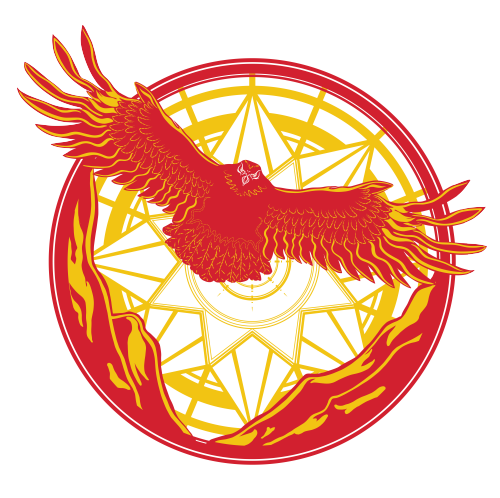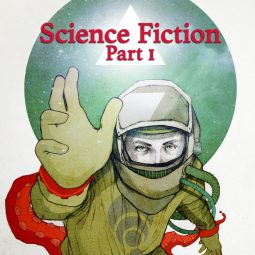INSTRUCTORS:
What are the origins of Science Fiction as literature? Why is Science Fiction important? How did it evolve over time?
What does it mean to be human? Are we alone? What wonders or terrors will tomorrow hold? Join award-winning scholar Dr. Amy H. Sturgis as she explores the ways in which the literature of science fiction over time has asked the question: “What if?” This course will consider the development of the genre from “proto-SF” writings through the Golden Age, with an eye toward how the great works and movements within science fiction both reflect the concerns and attitudes of their time and imagine beyond them. Discover why author Ray Bradbury called science fiction “the most important literature in the history of the world.”
Course Schedule
Week 1 – Proto-Science Fiction, Frankenstein, and the Birth of Modern SF
Frankenstein by Mary Shelley (1818)
Week 2 – Ratiocination, Technology, and the Growth of the Genre
- “Rappaccini’s Daughter” by Nathaniel Hawthorne (1844)
- “The Diamond Lens” by Fitz-James O’Brien (1858)
- “Mellonta Tauta” by Edgar Allan Poe (1859)
Week 3 – Jules Verne and the Scientific Romance
20,000 Leagues Under the Sea by Jules Verne (1870)
Week 4 – H.G. Wells and the Science Fiction Parable
- The Time Machine by H.G. Wells (1895)
- “The Machine Stops” by E.M. Forster (1909)
Week 5 – Utopia, Dystopia, and Lost Worlds
We by Yevgeny Zamyatin (1924)
Week 6 – The Pulps, The Editors, and Scientifiction
- “The Colour Out of Space” by H.P. Lovecraft (1927)
- Who Goes There? by John W. Campbell (1938)
- “Nightfall” by Isaac Asimov (1941)
Week 7 – Early SF, Gender, and the Rise of Fandom
- “First Contact” by Murray Leinster (1945)
- Vintage Season by C.L. Moore and Henry Kuttner (1946)
- “That Only A Mother” by Judith Merril (1948)
Week 8 – World War II and Its Aftermath
The Martian Chronicles by Ray Bradbury (1950)
Week 9 – Science Fiction, the Frontier, and the Young Adult Reader
- “The Sentinel” by Arthur C. Clarke (1951)
- “The Cold Equations” by Tom Godwin (1954)
- “Fondly Fahrenheit” by Alfred Bester (1954)
Week 10 – Science Fiction Film and Television
A Canticle for Leibowitz by Walter M. Miller, Jr. (1960)
Week 11 – Science Fiction Goes Epic
Dune by Frank Herbert (1965)
Week 12 – Robert Heinlein and the Golden Age
The Moon Is A Harsh Mistress by Robert Heinlein (1966)
Required Texts
The Amazon links are provided for convenience only, and we encourage students to purchase texts wherever they wish.
**linked title is strongly suggested edition
- The Science Fiction Hall of Fame, Volume One: 1929-1964: The Greatest Science Fiction Stories of All Time – edited by Robert Silverberg
- The Science Fiction Hall of Fame, Volume Two A: The Greatest Science Fiction Novellas of All Time – edited by Ben Bova
- Frankenstein – Mary Shelley**
- 20,000 Leagues Under the Sea – Jules Verne
- We – Yevgeny Zamyatin**
- The Martian Chronicles – Ray Bradbury**
- A Canticle for Leibowitz – Walter M. Miller, Jr.
- Dune – Frank Herbert
- The Moon Is A Harsh Mistress – Robert Heinlein
Course Artwork
Course artwork adapted from an original illustration by Elia Mervi. Used with permission. All rights reserved.



